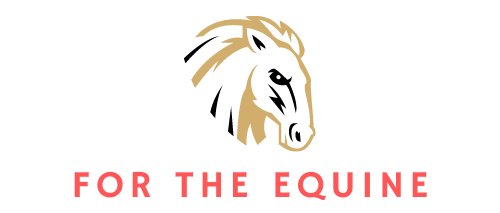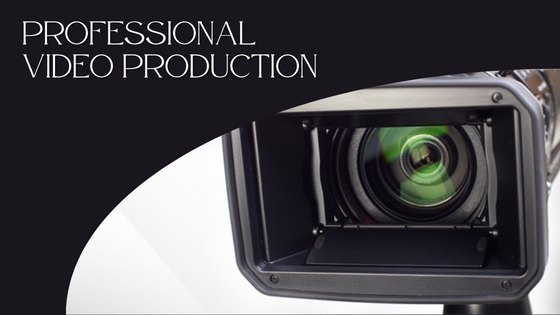Intellectual property (IP), especially patents, are the decisive basis of their business model for many technology-oriented companies. They can make it possible to enter a market or even create a market and at the same time represent a barrier to entry for competitors.
On the one hand, patents are a valuable asset, which is why investors and patent holders alike should get a good picture of which patents they own and what chances and opportunities this ownership offers them. On the other hand, patents can also lead to entrepreneurial risks, which must also be closely monitored.
At the same time, however, it can also be the case that patents merely represent dead capital for a company, which can be converted into value-generating assets through resale.
The patent owner appears as the licensor and the opposing party as the licensee. More specifically, the license is permission to use the technical teaching that is the subject of an intellectual property right in a manner reserved by law to the intellectual property right holder. The license is only a permission to use it as was described in details on how to get a patent with InventHelp article.

Commercialization of a patent is seldom done by the inventor. Normally, a manufacturer is contracted to produce and market a patent. This contract is termed a “license”.
A license may be exclusive, assuring one manufacturer a monopoly on the commercialization of an invention, or it may be non-exclusive, where several manufacturers may be licensed to produce and market the invention. It may cover the remaining term of a patent, or be limited to a shorter – possibly renewable – period.
Compensation for a license may be in the form of royalties from sales – typically 2–7 percent, where a minimum annual payment may optionally be required, and an advance to be applied against or in addition to royalties may be stipulated – or as a lump sum paid at the outset.
Normally, an inventor is asked to sign a license agreement prepared by the manufacturer. To assure favorable terms, it may be prudent to consult an patent agency, such as InventHelp and InventHelp patent attorney before signing such an agreement.




